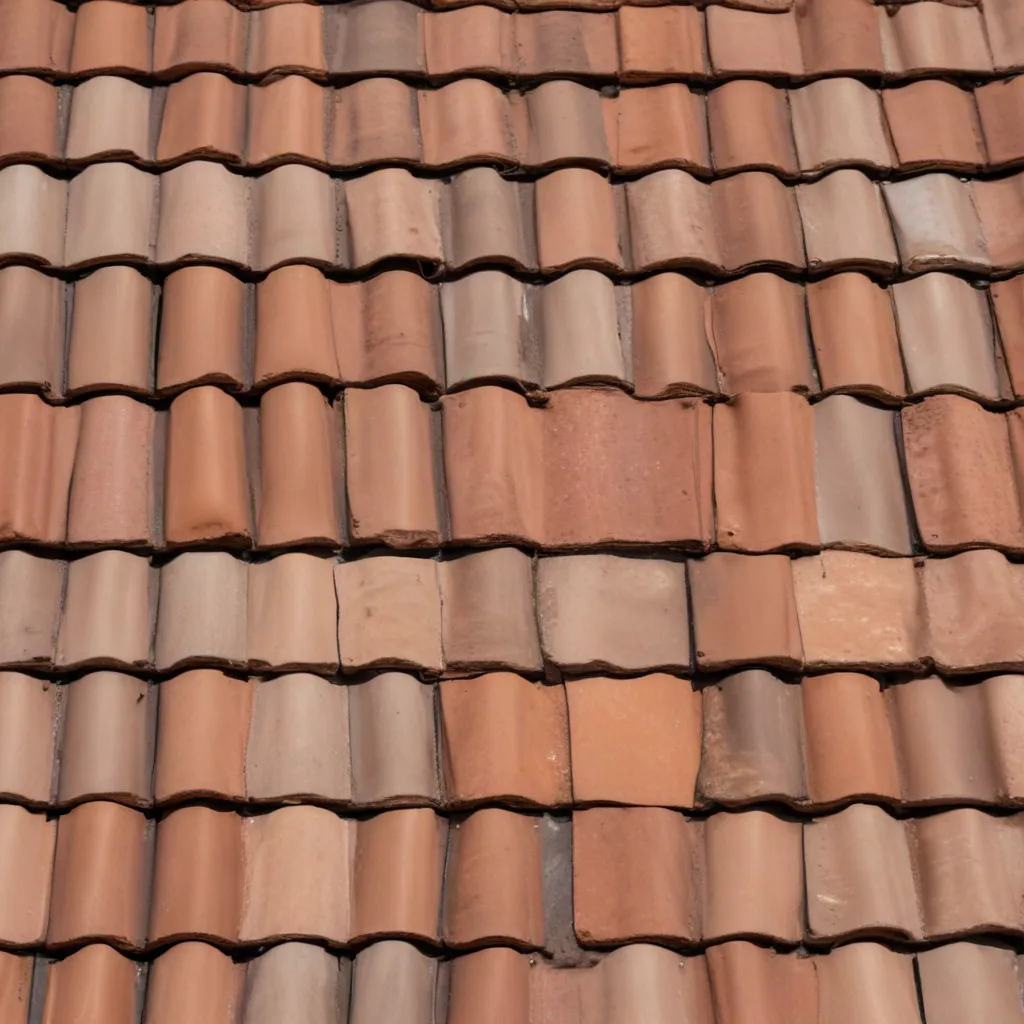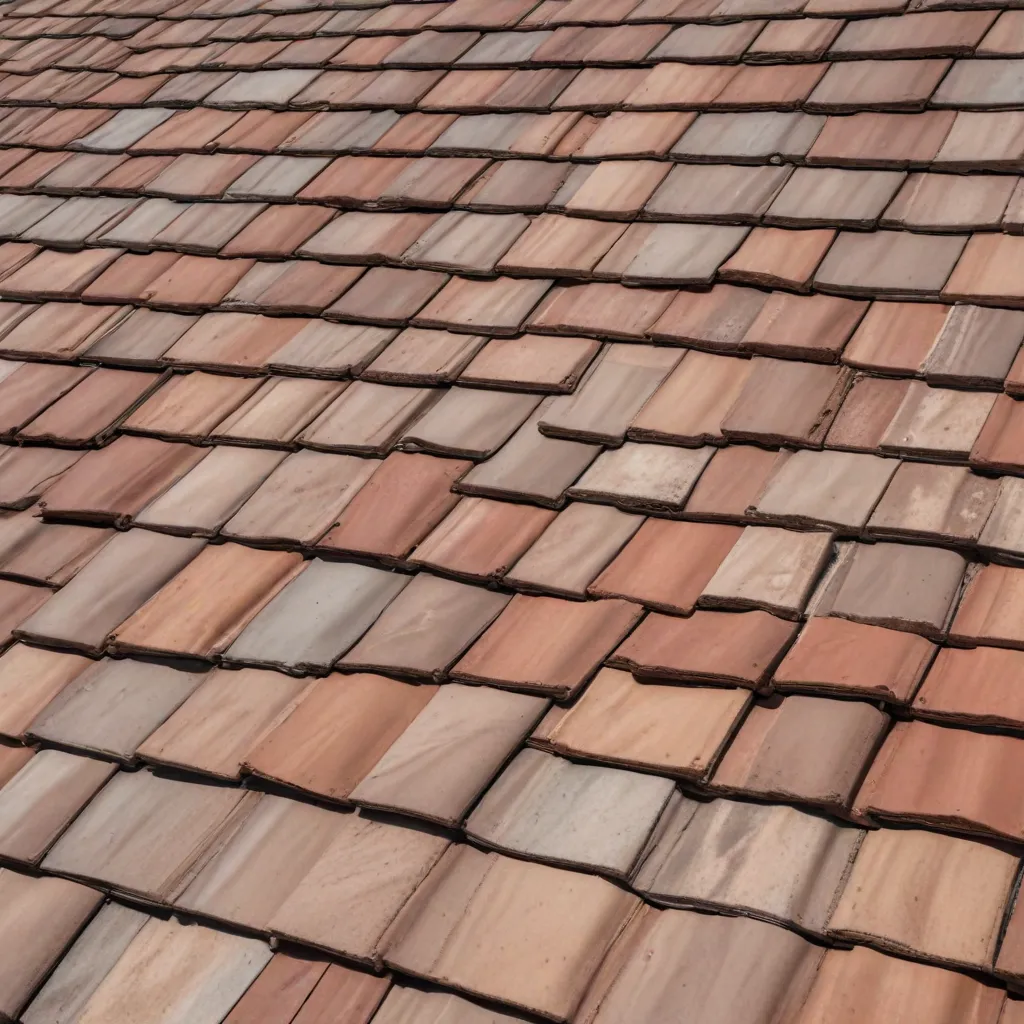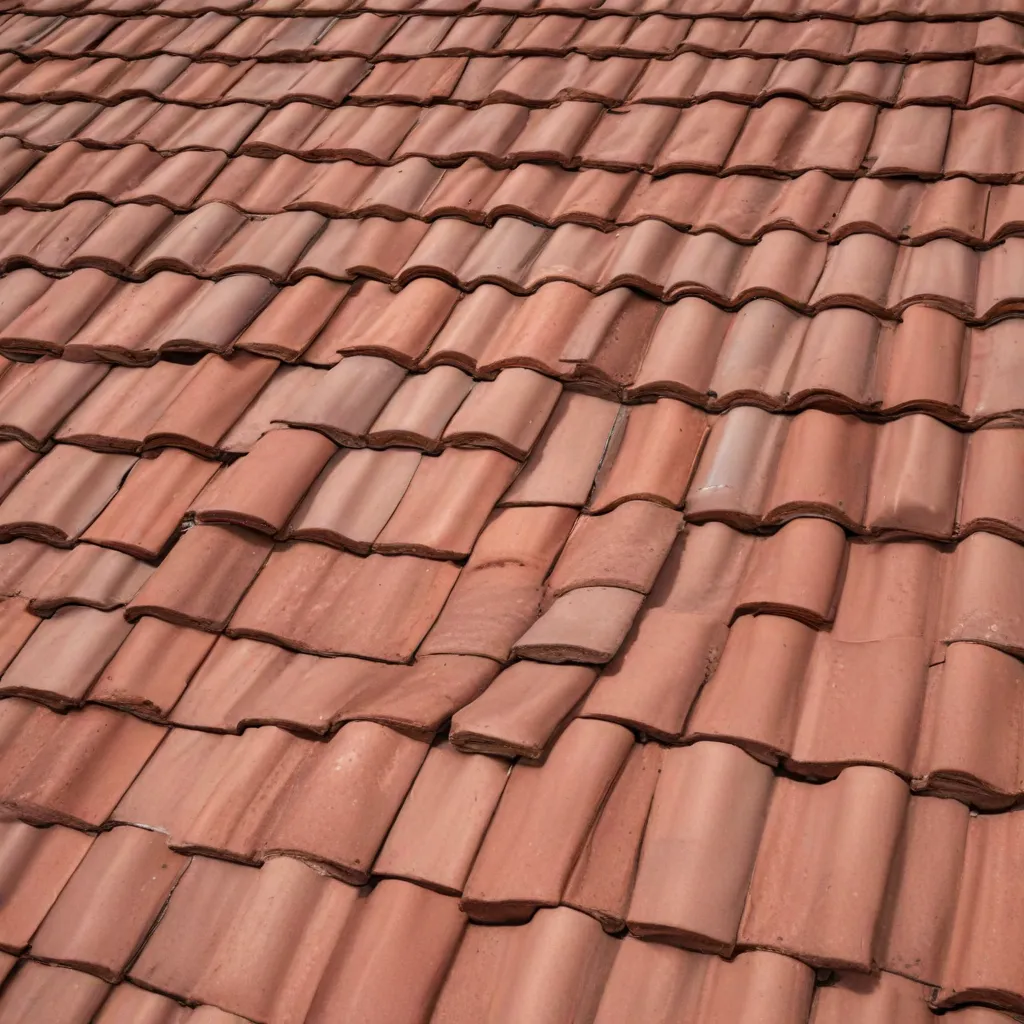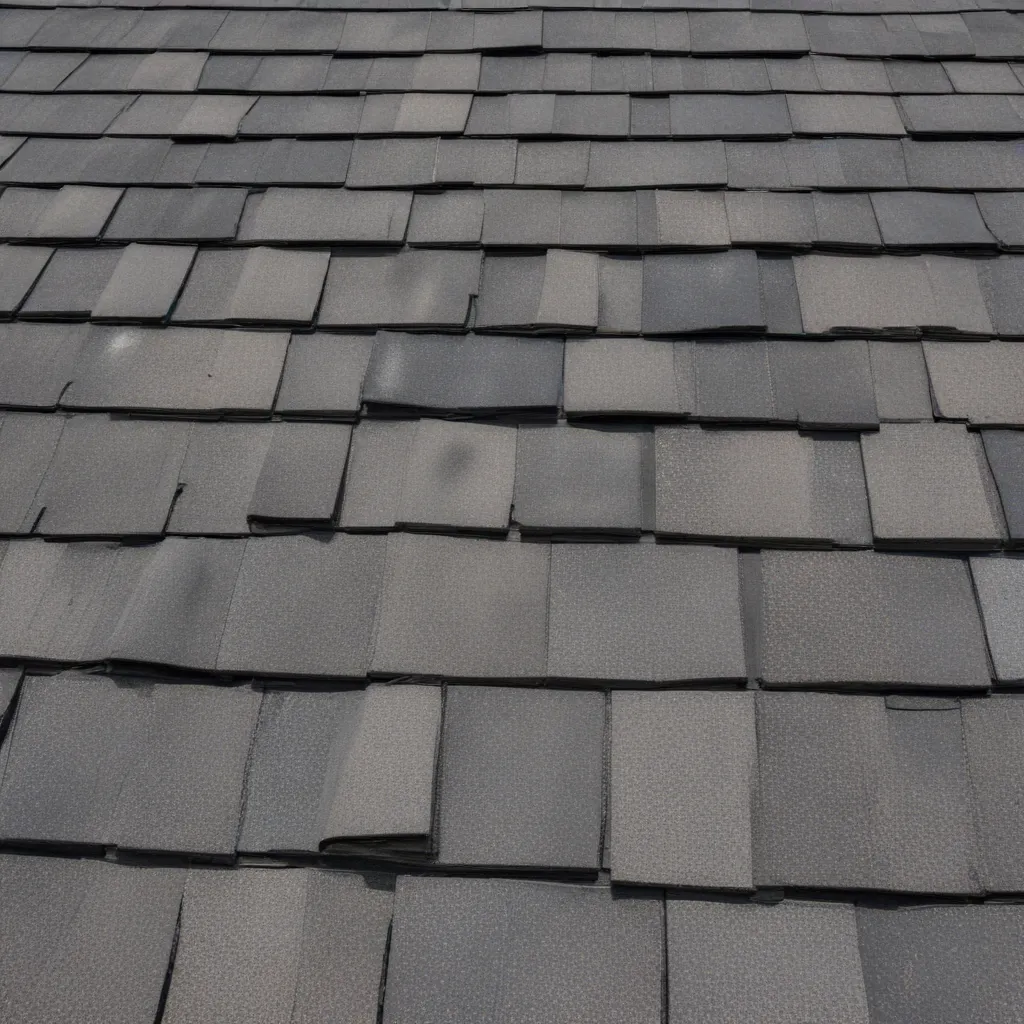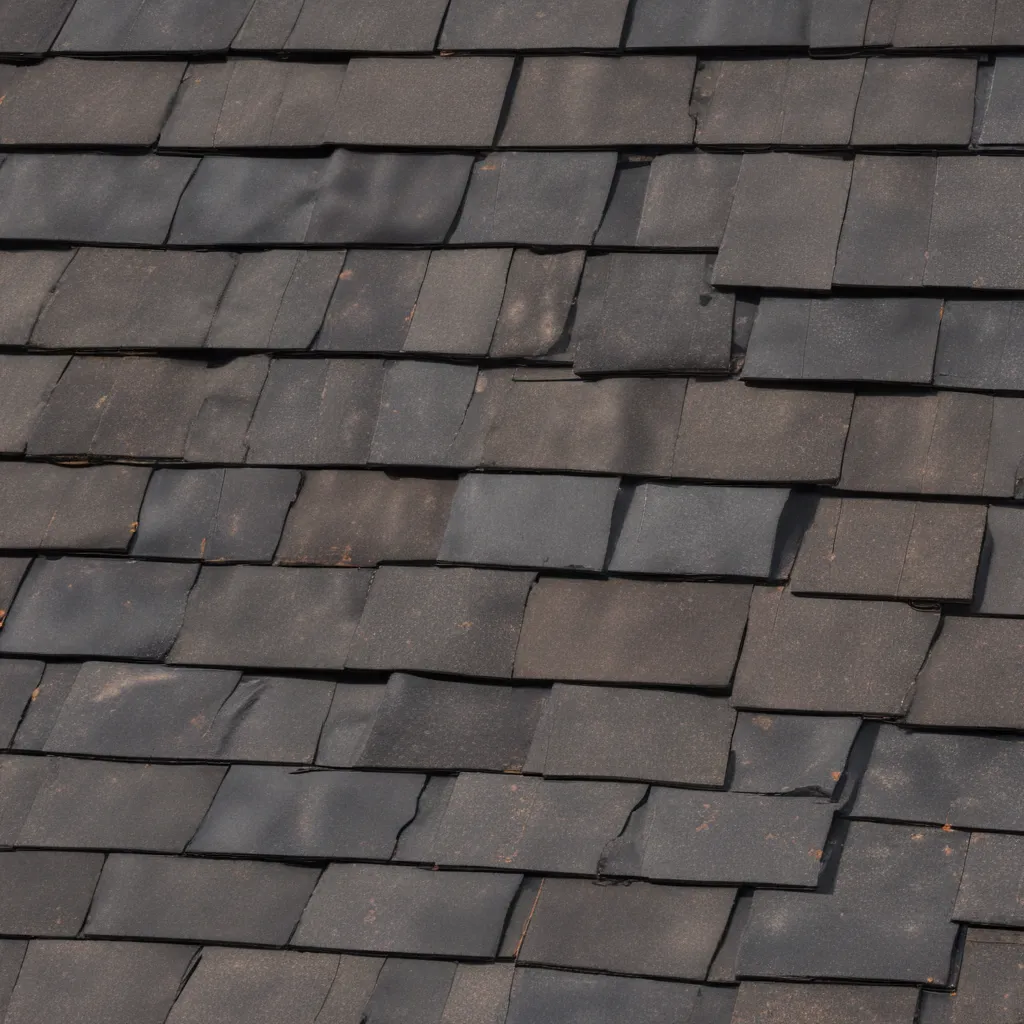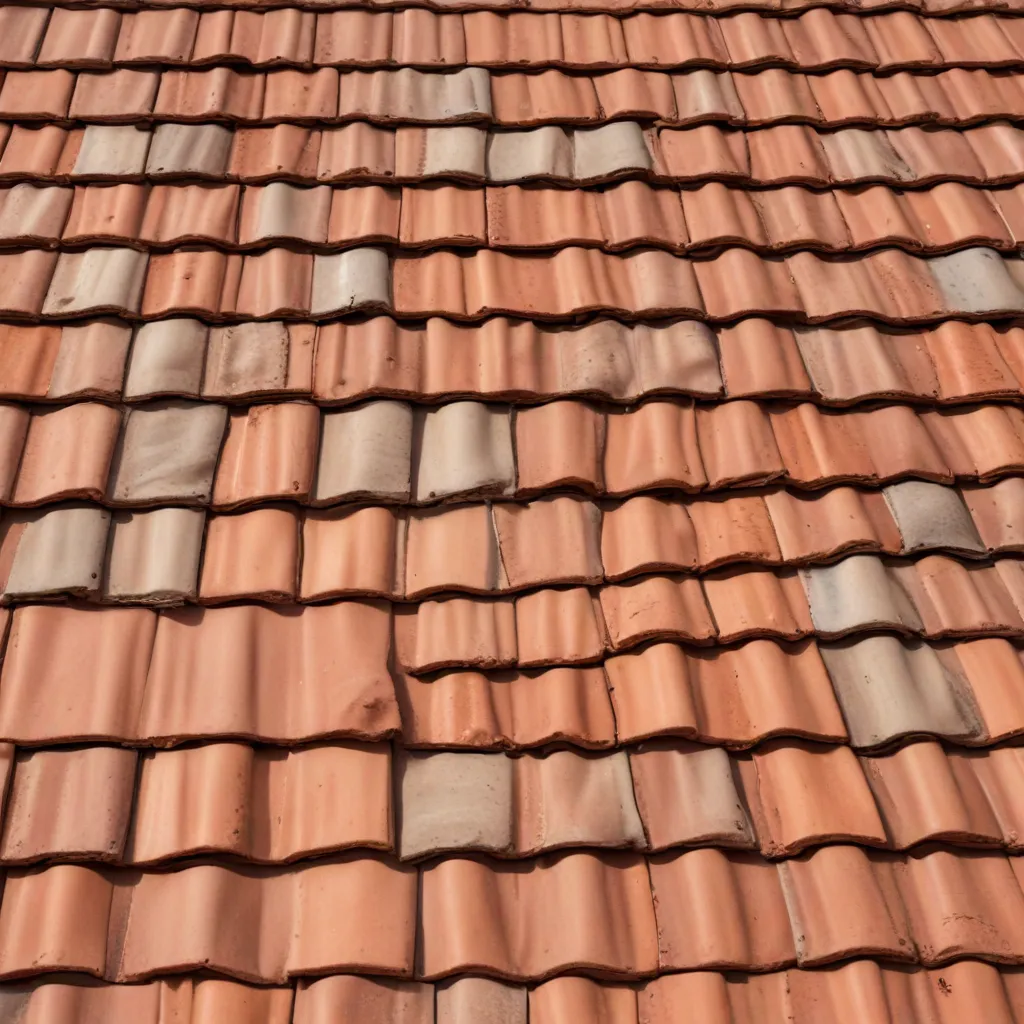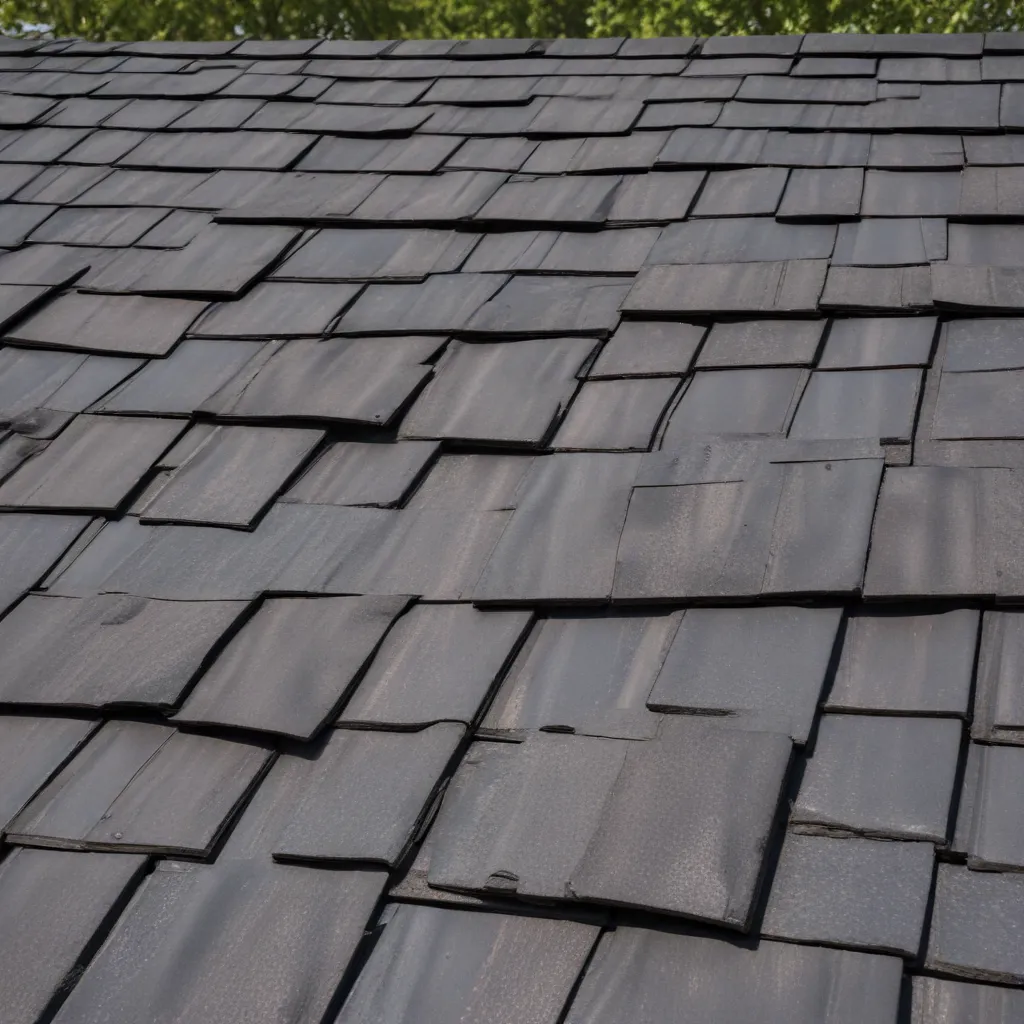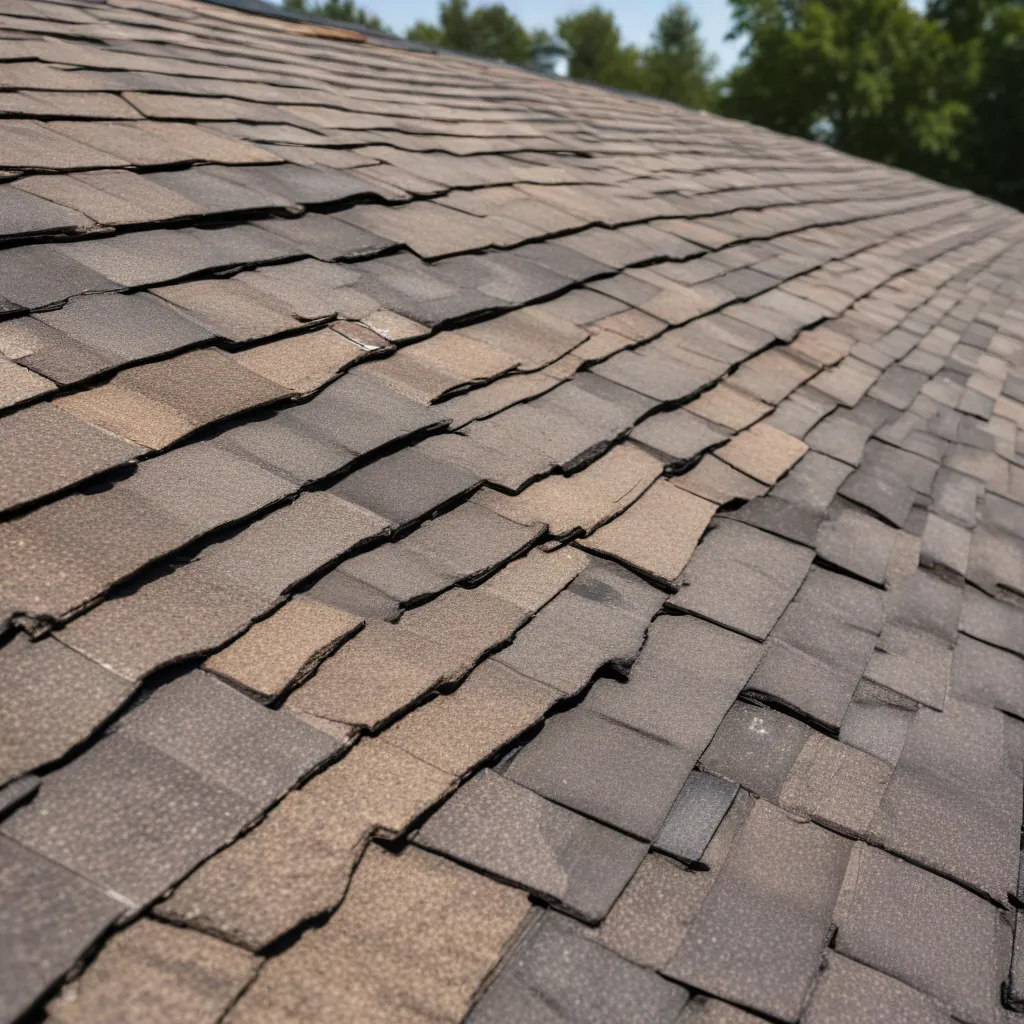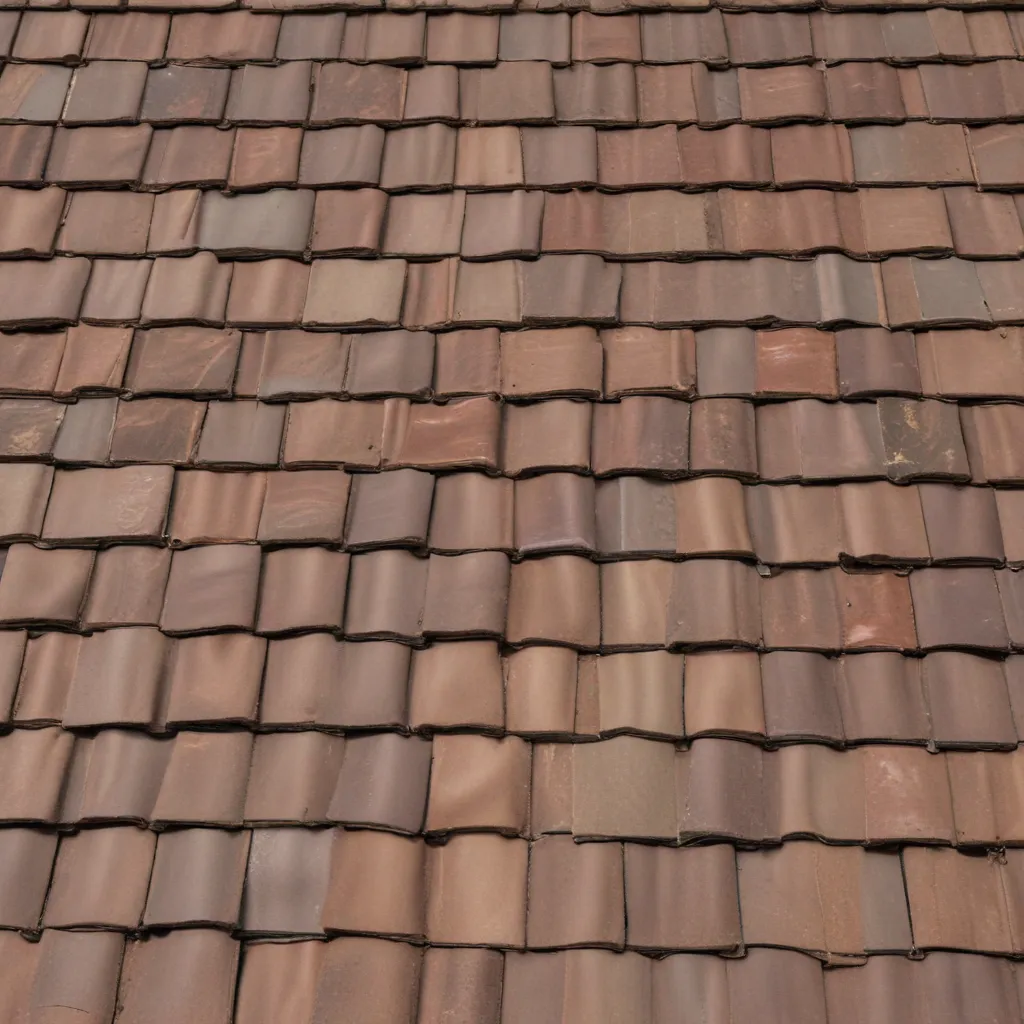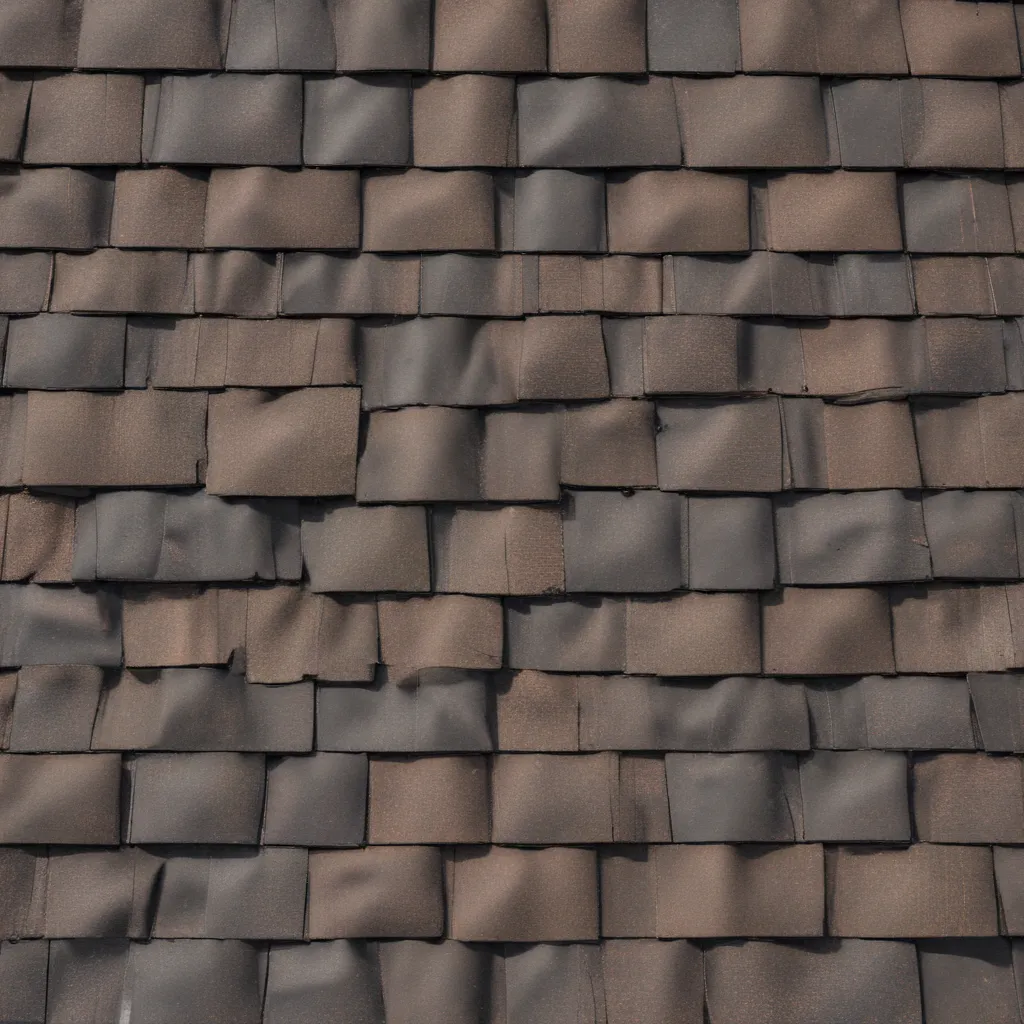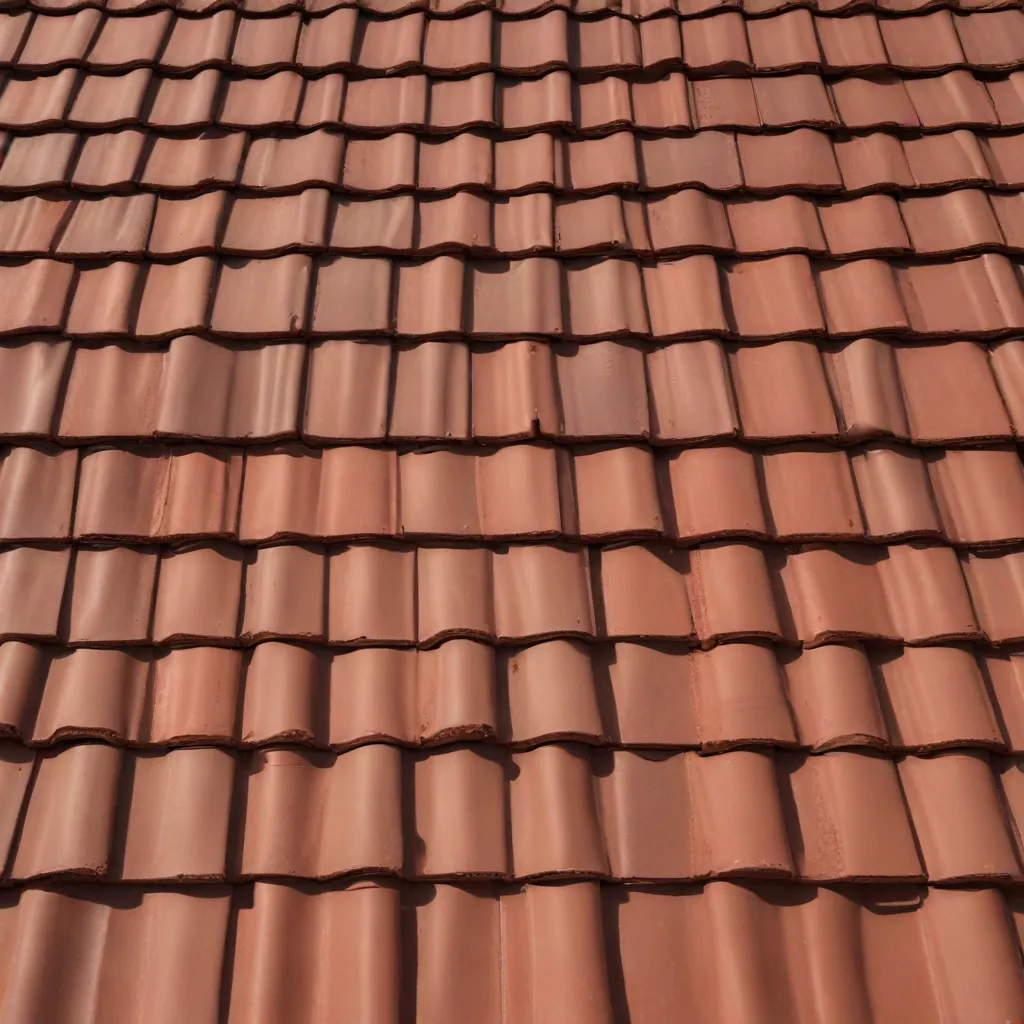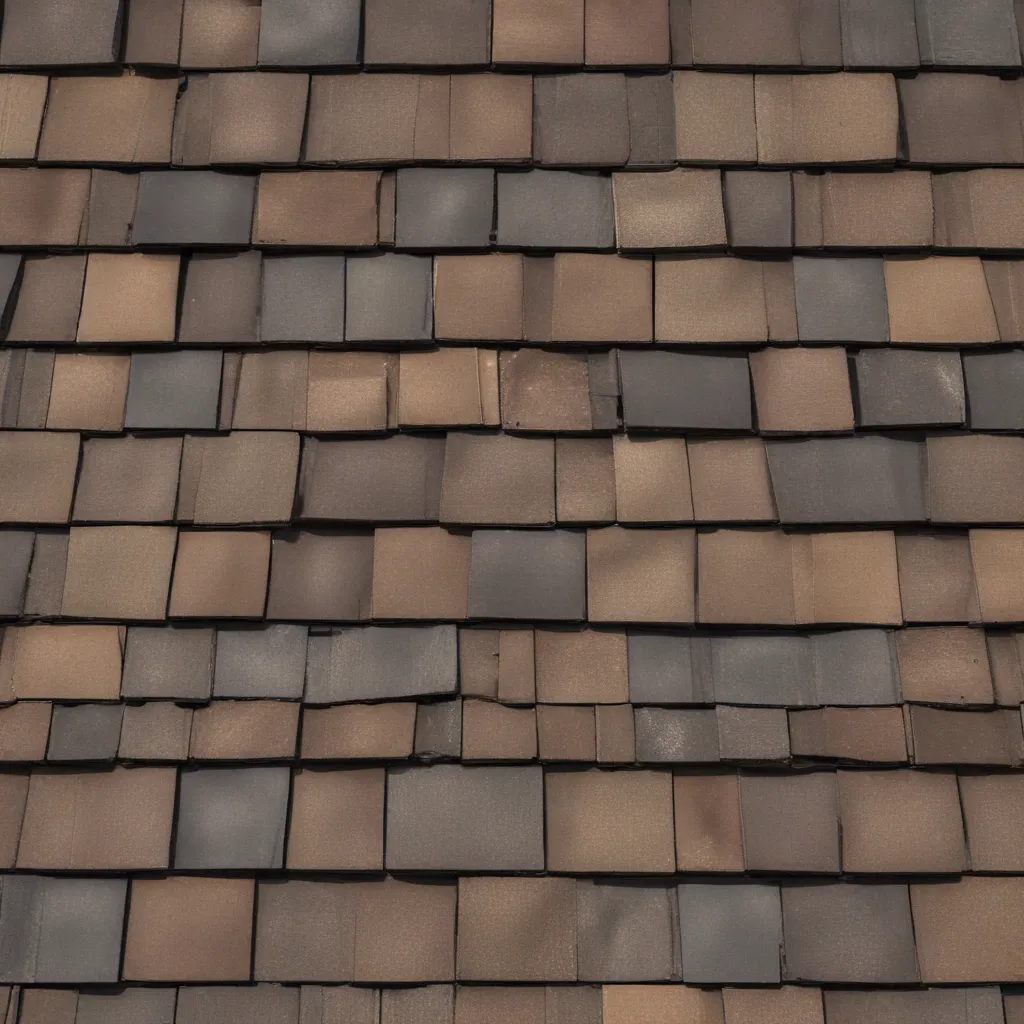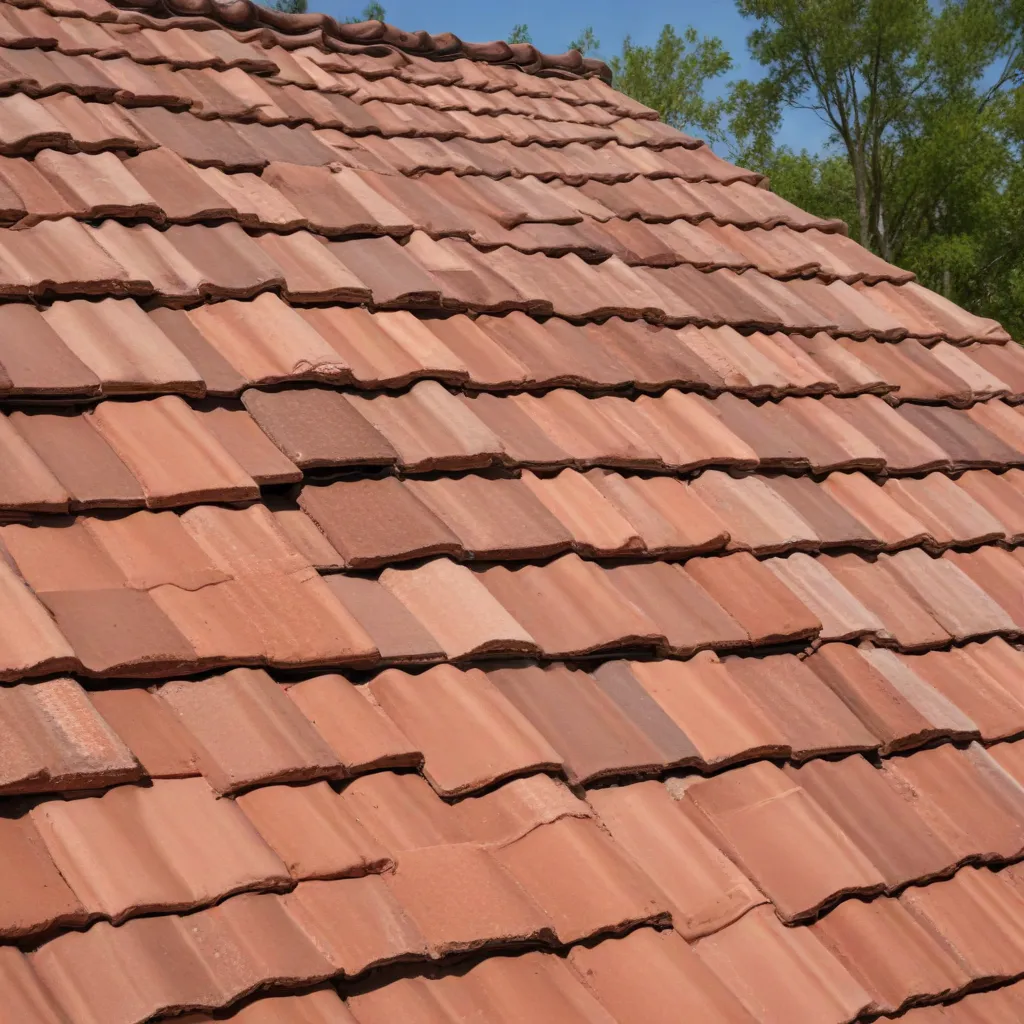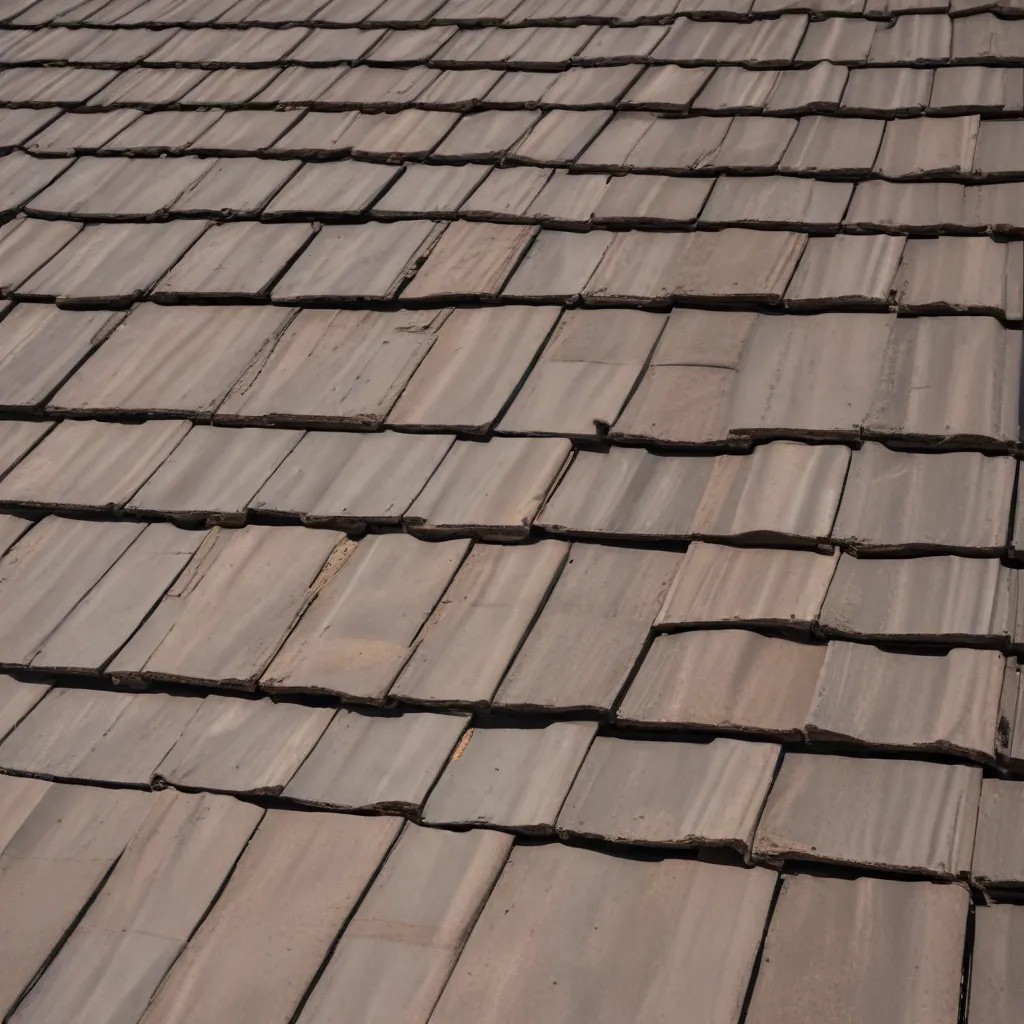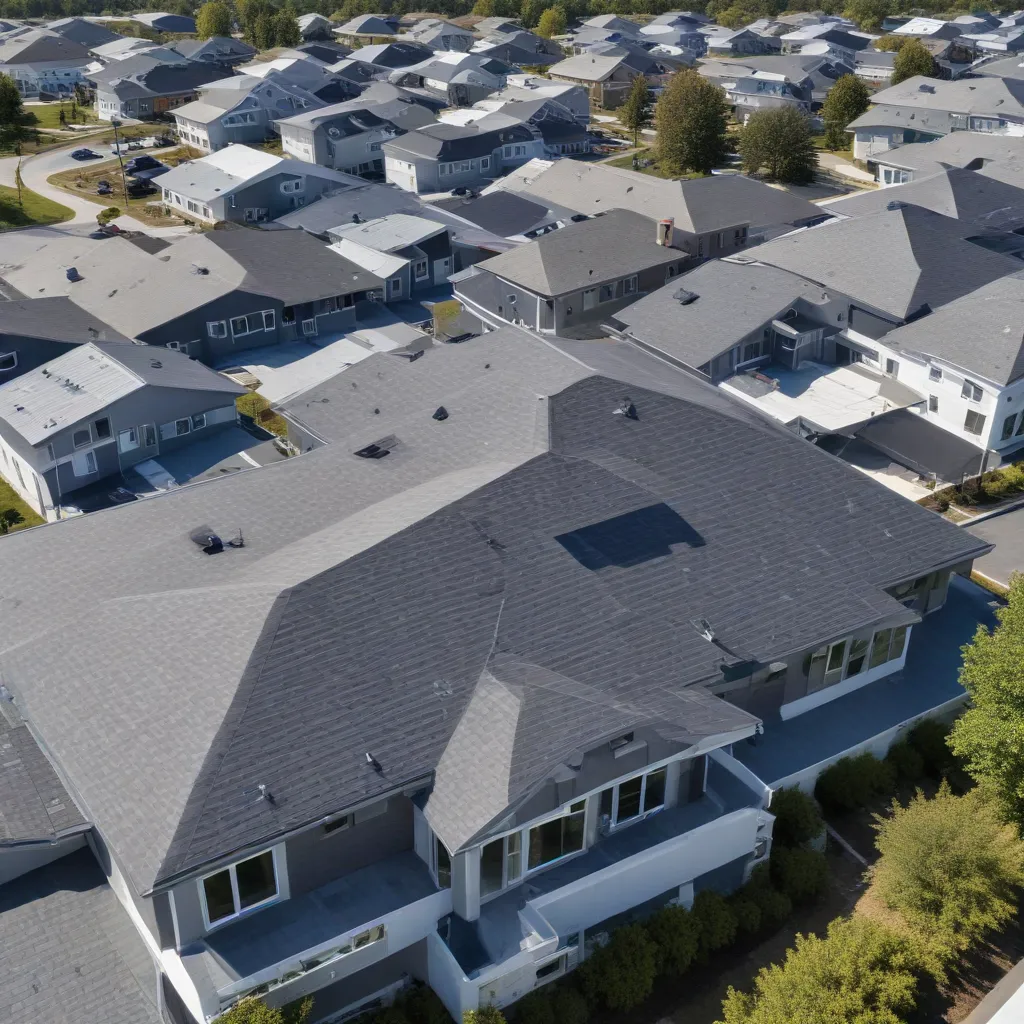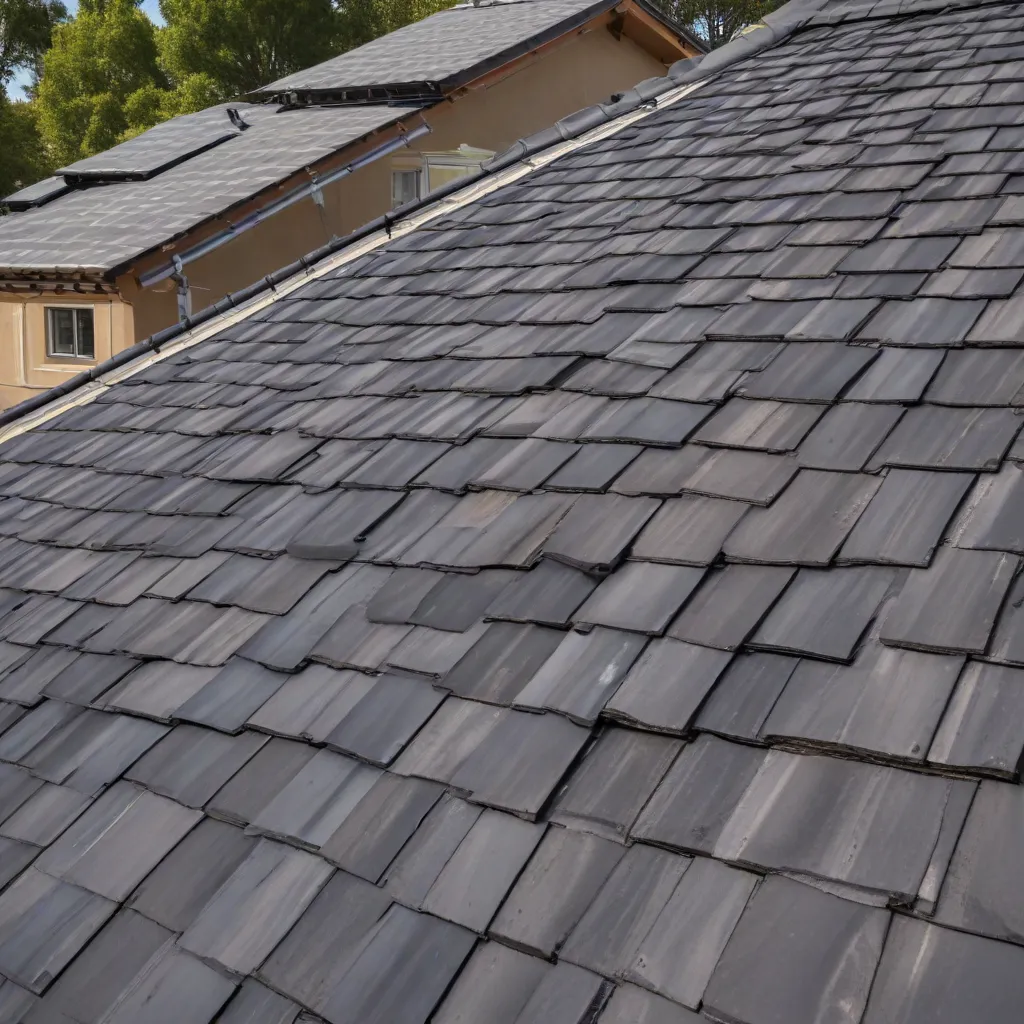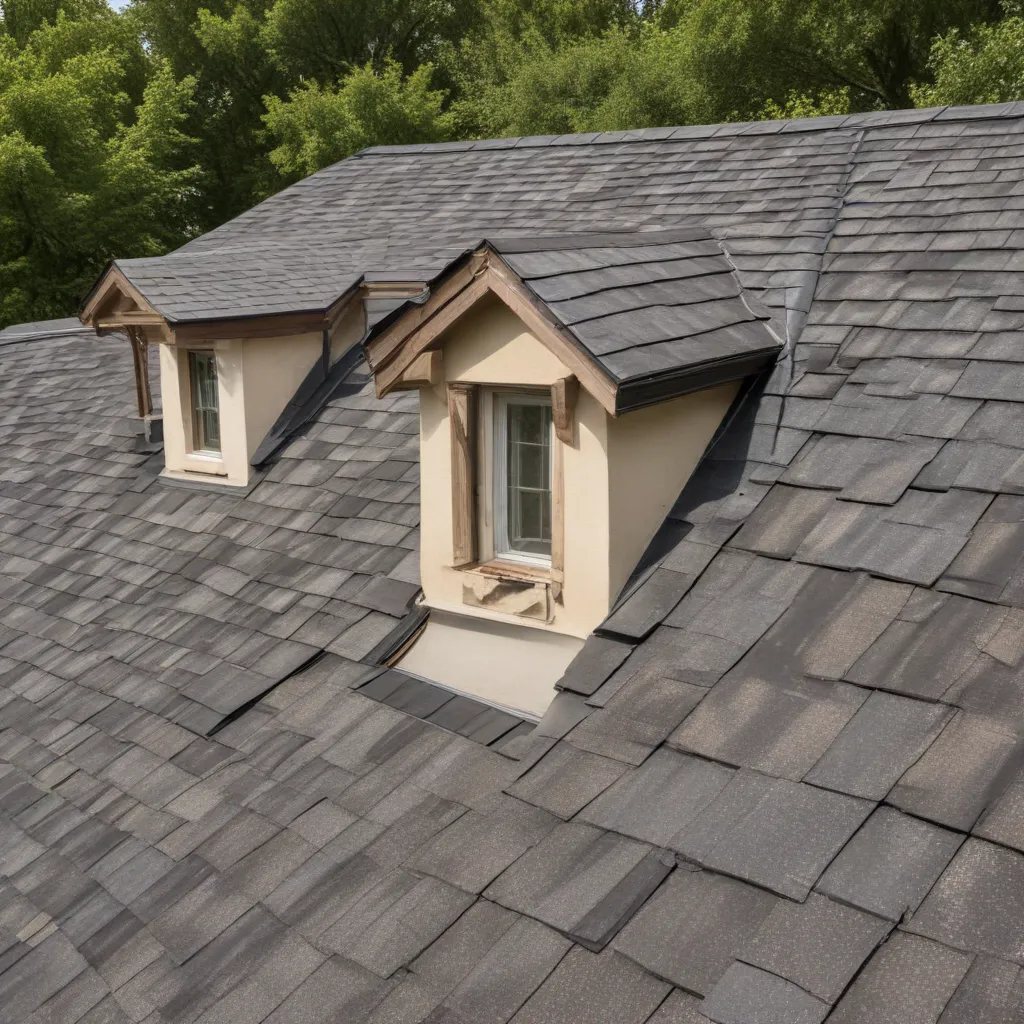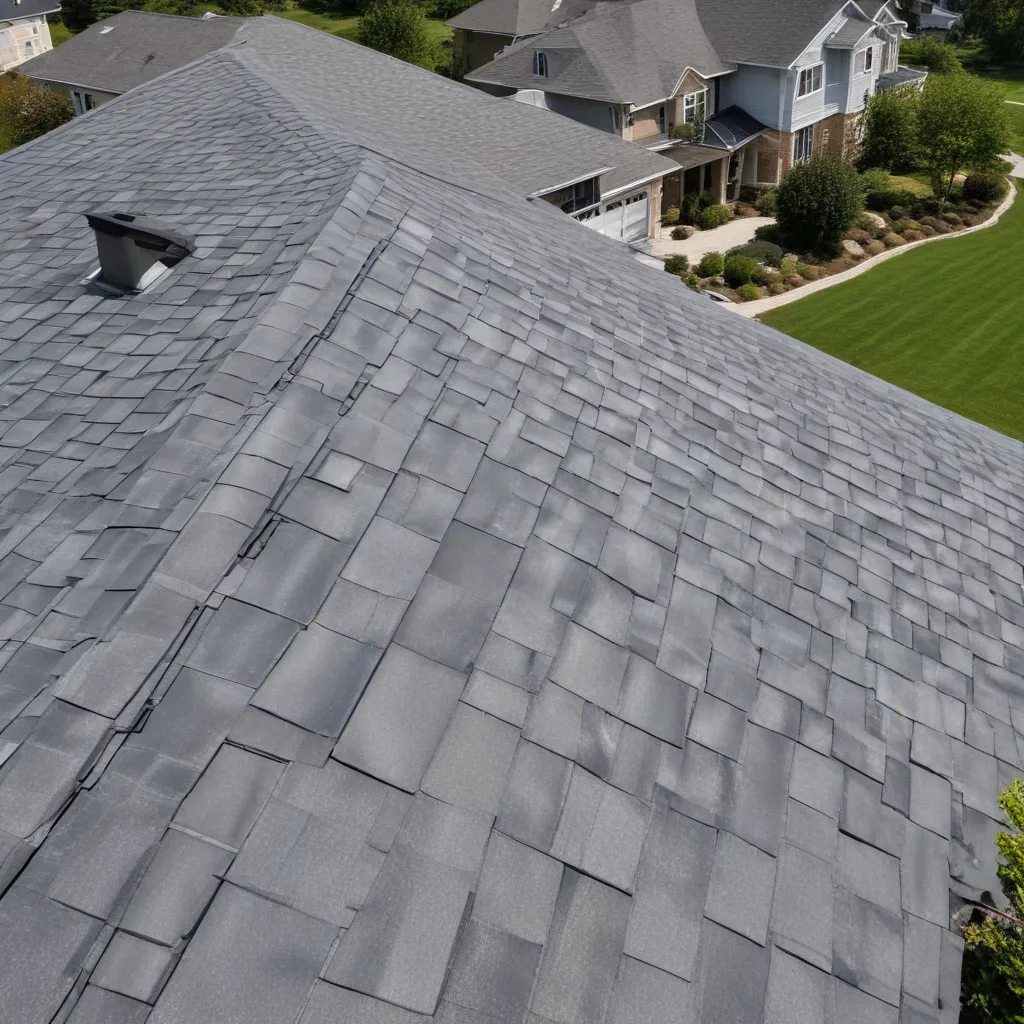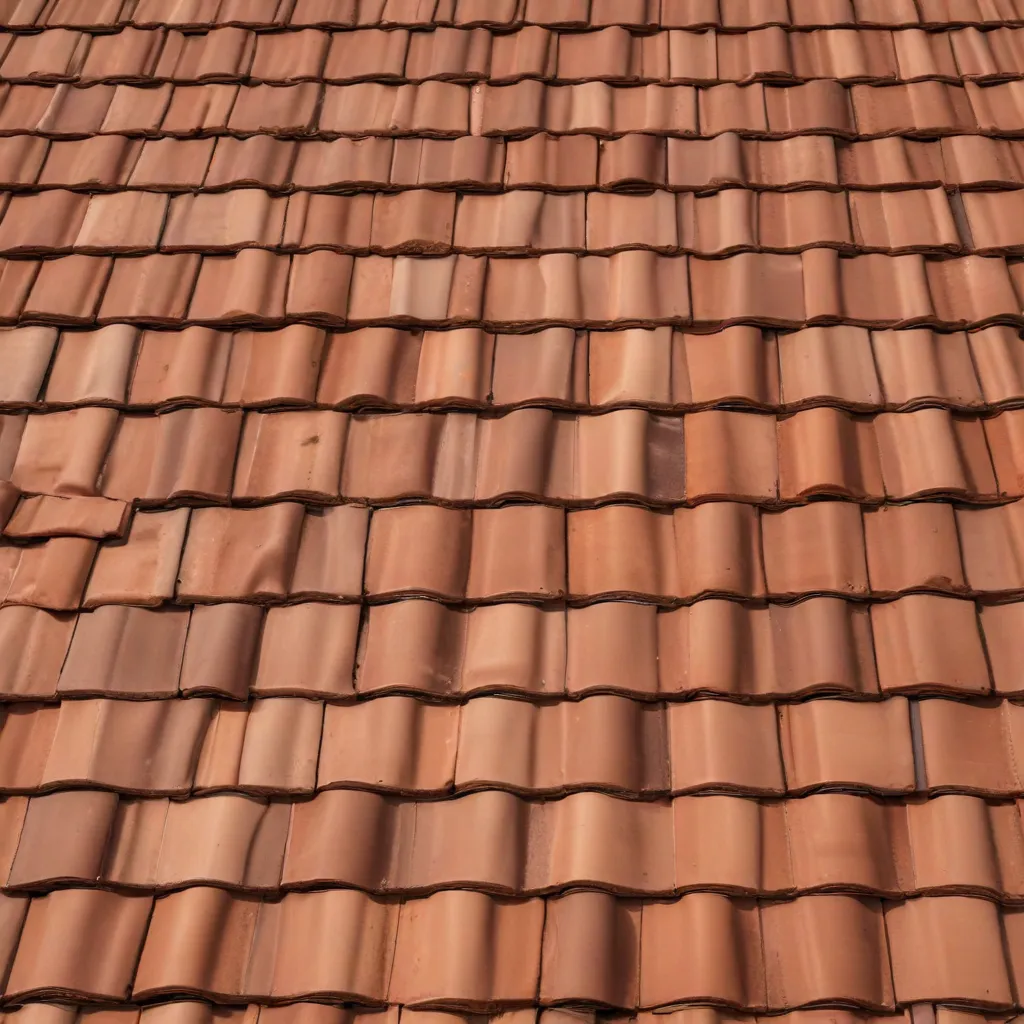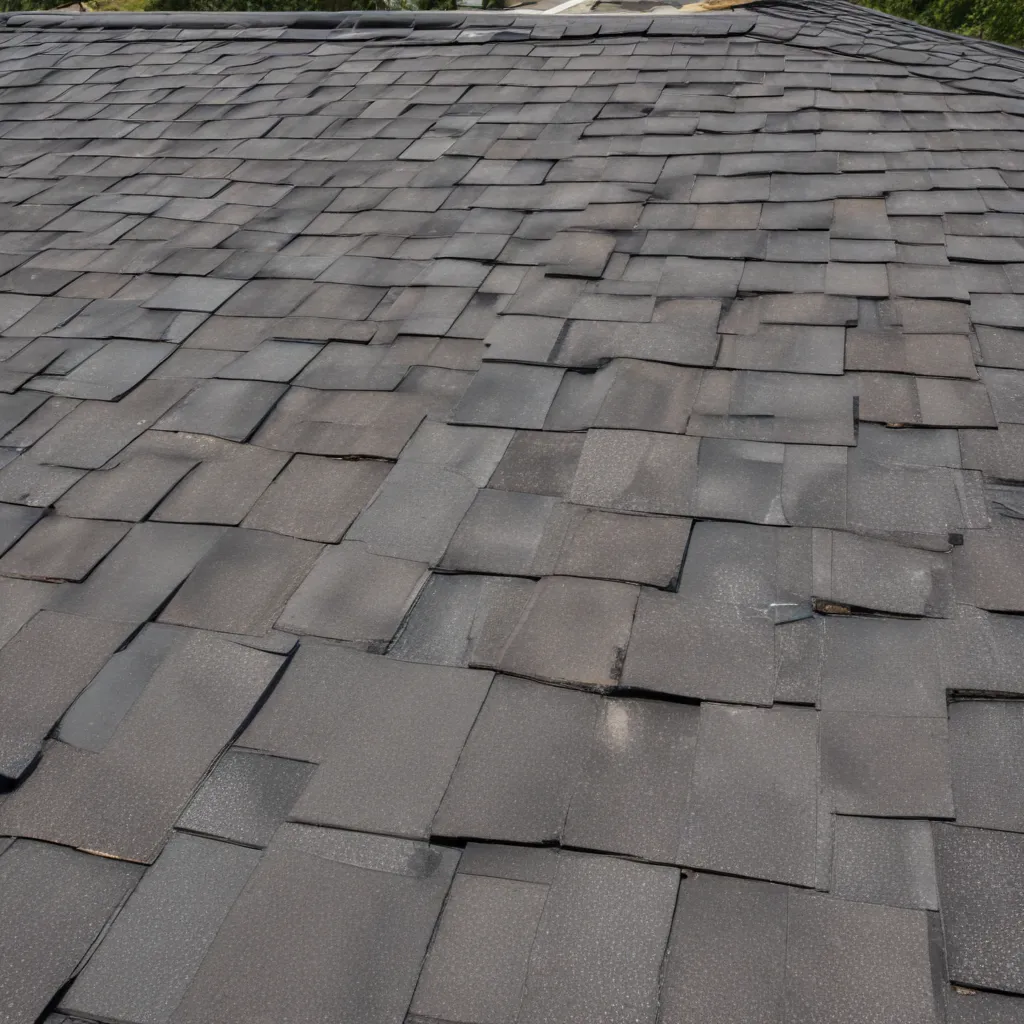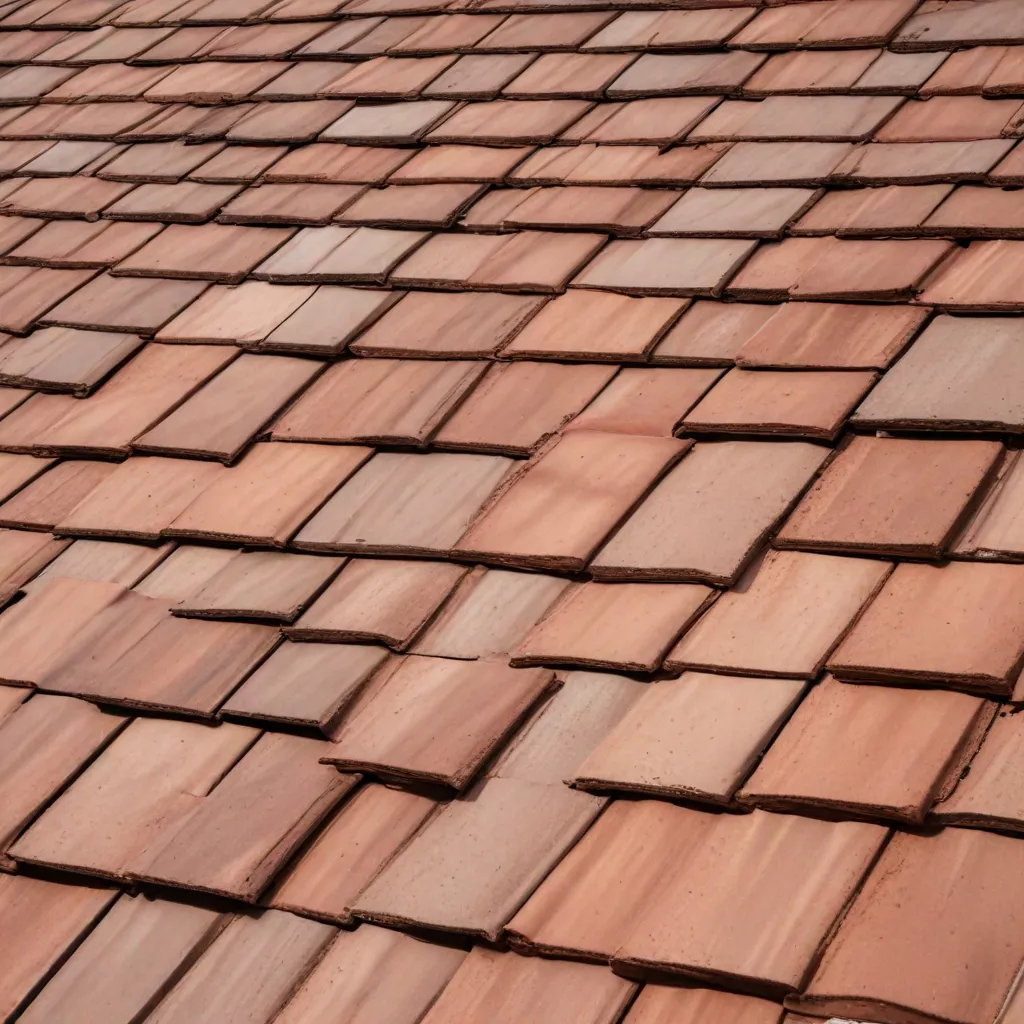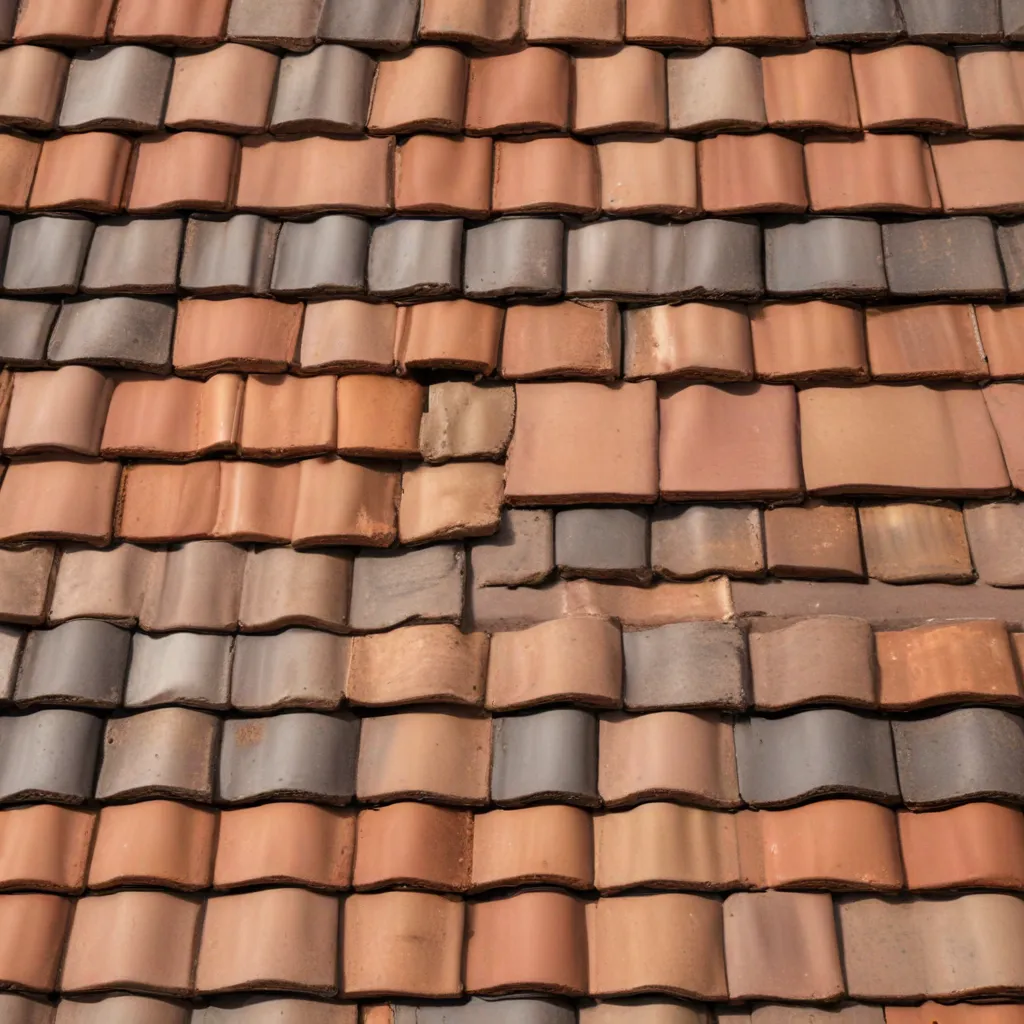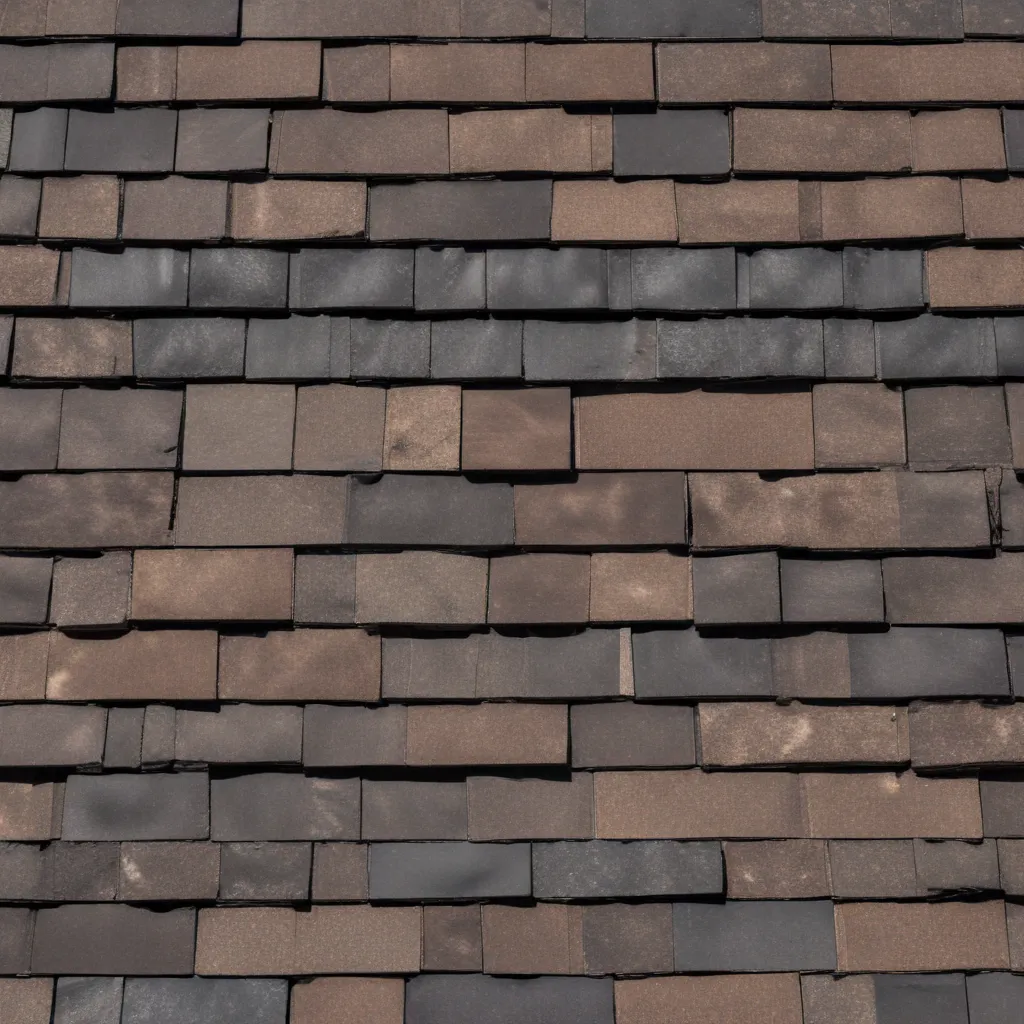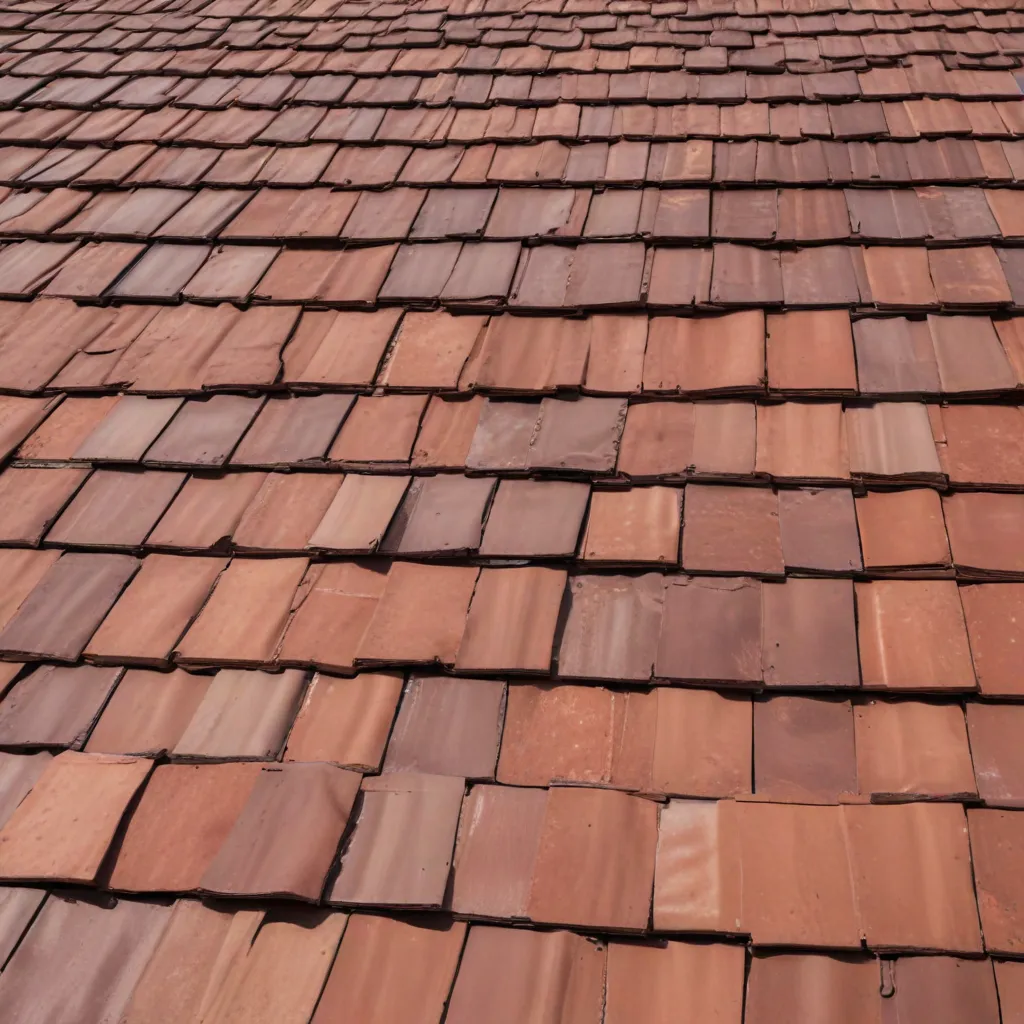When it comes to our homes, we often prioritize comfort and tranquility. Nobody wants to be constantly disturbed by outside noises, whether it’s the loud traffic passing by or the raindrops pounding on the roof during a stormy night. That’s where the surprising link between roofing insulation and noise reduction comes into play. In this article, we will explore how the right roofing insulation can significantly reduce noise levels inside our homes, providing us with a peaceful and serene living environment.
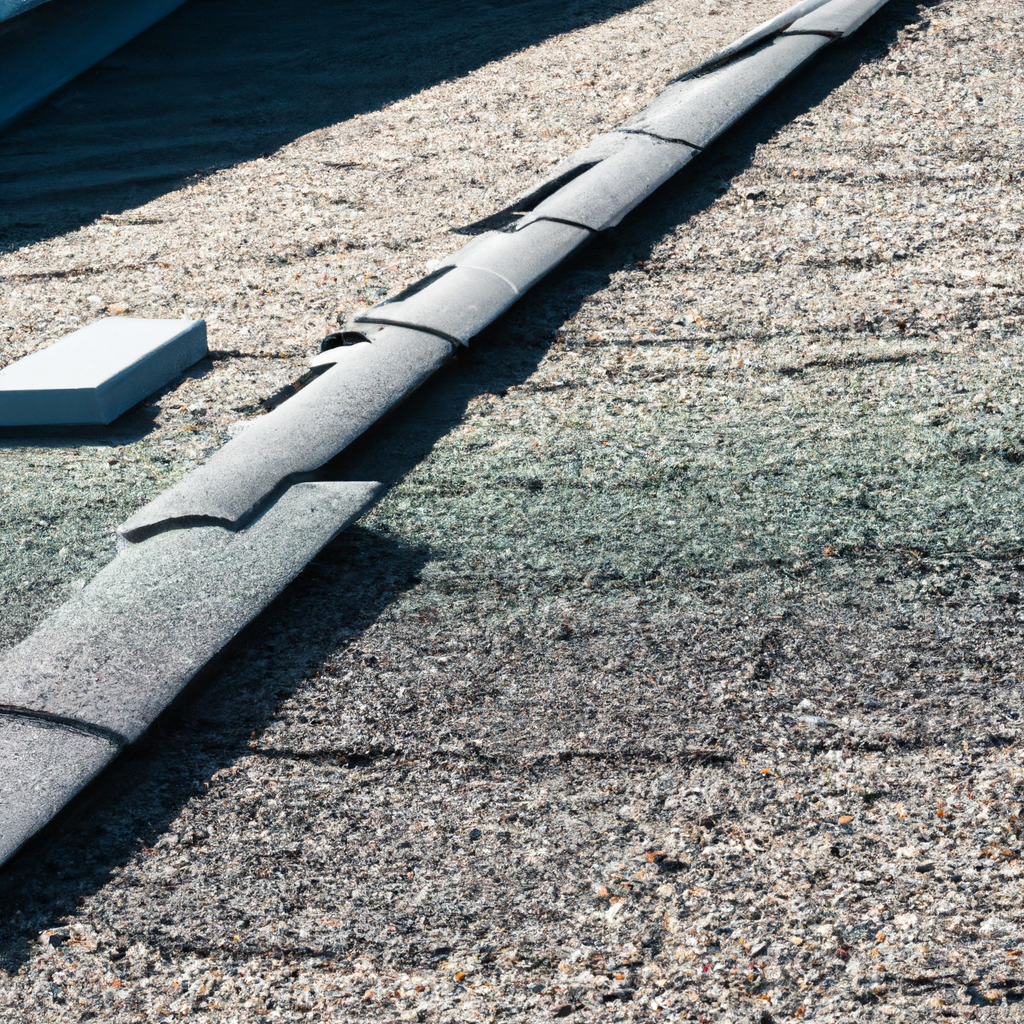
Understanding Noise Pollution
Before delving into the connection between roofing insulation and noise reduction, it’s essential to understand the concept of noise pollution. Noise pollution refers to excessive or disturbing noise that disrupts the normal balance of human or animal life. It can have detrimental effects on our physical and mental well-being, including increased stress levels, difficulty concentrating, and sleep disturbances.
How Roofing Insulation Works
Roofing insulation serves as a protective barrier between the interior of our homes and the external environment. It prevents the transfer of heat, cold, and sound, making our living spaces more energy-efficient and comfortable. When it comes to noise reduction, insulation materials act as sound absorbers, dampening the impact of external noise and preventing it from entering our homes.
Types of Roofing Insulation
There are various types of roofing insulation available in the market, each with its unique properties and benefits. Let’s explore some of the most common types:
1. Fiberglass Insulation
Fiberglass insulation is one of the most widely used insulation materials in the roofing industry. It consists of tiny glass fibers that trap air, providing excellent thermal and sound insulation. Fiberglass insulation is known for its affordability, durability, and fire-resistant properties, making it a popular choice among homeowners.
2. Cellulose Insulation
Cellulose insulation is made from recycled paper products, such as newspapers and cardboard, treated with fire-retardant chemicals. It offers effective thermal and sound insulation, as well as superior fire resistance. Cellulose insulation is an eco-friendly option that provides excellent noise reduction capabilities.
3. Spray Foam Insulation
Spray foam insulation is a type of insulation that expands when applied, creating an airtight seal. It provides exceptional thermal and sound insulation, as well as moisture resistance. Spray foam insulation is ideal for reducing airborne noise, such as traffic sounds, as it effectively seals gaps and cracks.
4. Reflective Insulation
Reflective insulation consists of a reflective surface, usually made of aluminum, that reflects radiant heat away from the roof. While its primary purpose is to reduce heat transfer, reflective insulation also offers some level of noise reduction by preventing external sounds from penetrating the roof.
The Impact of Roofing Insulation on Noise Reduction
Now that we understand the different types of roofing insulation, let’s explore how they can effectively reduce noise levels within our homes.
Absorption of Sound Waves
Roofing insulation materials, such as fiberglass and cellulose, have excellent sound absorption properties. When sound waves hit these materials, they get trapped within the fibers, reducing their intensity and preventing them from traveling further into our living spaces. This absorption of sound waves helps create a quieter and more peaceful environment indoors.
Blocking External Noise
In addition to sound absorption, roofing insulation also acts as a barrier, blocking external noise from entering our homes. Insulation materials, especially those with higher densities, such as spray foam, effectively block sound waves, preventing them from passing through the roof structure. This helps to minimize the impact of loud noises from the outside, ensuring a quieter indoor environment.
Reduction of Echoes and Reverberation
Roofing insulation not only reduces external noise but also helps control internal noise reflections. When sound waves bounce off hard surfaces, such as ceilings and walls, they can create echoes and reverberation, leading to an overall increase in noise levels. Insulation materials absorb these reflected sound waves, reducing echoes and creating a more acoustically balanced environment.
Choosing the Right Roofing Insulation for Noise Reduction
When selecting roofing insulation for noise reduction, several factors need to be considered. Here are some key points to keep in mind:
1. Density
Higher density insulation materials, such as spray foam, offer better noise reduction capabilities compared to lower density options. Consider the level of noise pollution in your area and choose insulation with an appropriate density to effectively block external sounds.
2. Thickness
Thicker insulation provides better sound insulation, as it creates a larger barrier for sound waves to pass through. Consider the available space within your roof structure and choose insulation with an appropriate thickness to achieve optimal noise reduction.
3. Installation
Proper installation of roofing insulation is crucial for maximizing its noise reduction benefits. Ensure that the insulation is installed correctly, covering all areas of the roof structure, including gaps and cracks. Hiring a professional insulation contractor can help ensure a proper installation.
Conclusion
In conclusion, the surprising link between roofing insulation and noise reduction showcases the significant impact insulation materials can have on creating a peaceful and quiet living environment. By absorbing sound waves, blocking external noise, and reducing echoes, roofing insulation acts as an effective barrier against noise pollution. When choosing the right insulation for noise reduction, consider factors such as density, thickness, and proper installation. By investing in high-quality roofing insulation, you can enjoy a serene and tranquil home, free from the disturbances of external noise.

